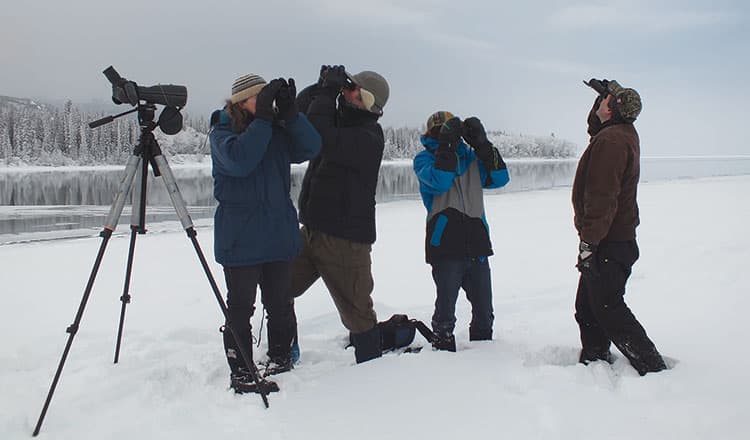Imagine Wittgenstein’s Tractatus Logico Philosophicus was a person.
He was a young man — driven, entrepreneurial, and shaved clean.
He woke early, without setting an alarm clock. He ate quickly, dressed quickly, and
always arrived at work on time.
His colleagues appreciated his punctuality and said positive things about him; some tried to imitate his behavior. But those who only witnessed his arrival at work missed something important; those who watched Tractatus on his journey understood him better.
When the sidewalk was empty, he would glide over the pavement with long, elegant strides, covering much distance in little time; when the sidewalk became congested his strides would shorten; they became faster and impossibly precise. He wove in and out of the crowd rhythmically; side stepping a leashed dog to the left, lifting his briefcase over the head of an old woman to the right.
To some, Tractatus was not walking at all; rather he danced through pedestrians as if sliding.
If he were forced to wait at a crosswalk he would observe his environment and bring order to it by naming its constituent parts.
He saw a flock of birds in the sky: Branta canadensism; he saw a plucky weed bursting through a crack in the pavement: Taraxacum officinale.
When it was his turn to cross he strode confidently into the street.
Imagine that Wittgenstein’s Philosophical Investigations (Pi) was a person.
He was an old man with a bent back and a house that smelled of mildew. His living room was cluttered with things he found interesting — African woodcarvings, out-of-circulation currency, antique golf clubs.
He woke up slowly and stretched his tired body before walking. Pi left his house with no purpose except to continue the task of exploring endless back alleys and nooks.
He avoided main streets; after all, the treasures he sought were usually in hidden boutiques — the types of places where old Chinese men sold mysterious curios from forgotten times.
He wandered through narrow paths, immersing himself in his surroundings.
It was not unusual for him to backtrack, convinced he missed something important. It never bothered him to return to places he’d been before, In fact he was always secretly excited to end up at a familiar place having arrived there from a different direction.
He never failed to find things of interest. It was not unusual to find him looking at brickwork on a crumbling building, or reading a declaration of love etched into a bench.
He carried a magnifying glass in his coat pocket.
When he got tired he stopped at a pond to feed the Branta canadensis.
Pi did not know that Branta canadensis was the Latin term for the birds he was feeding (he called them honkers), but he had keenly observed how they were; how they existed in the world. He knew that they mated for life, for example.
It was inevitable that young Tractatus and old Pi would cross paths; all walkers eventually do. They approached each other on the sidewalk and between them lay a patch of glimmering ice. Pi recognized this as a hazard and stepped onto the dirty ground beside the pavement.
Tractatus thought he saw something else. To him the ice looked beautiful — perfect. Its smoothness and a grace intoxicated the young man; he had finally found a surface to match his style.
He strode onto the ice, and all his elegance could not save him. He slipped and fell to the feet of the old man, who watched with amusement. Pi extended his arm and the young man took it.
They smiled, sensing that despite traveling in opposite directions, their similarities lay in a more meaningful place.
“Son, you can’t walk on ice. You need friction, you need rough ground,” the old man said.
“Sorry, no time to chat,” the young man replied. “I’ve got places to be.”
Tractatus took off, walking even faster than he had been before (presumably to make up for lost time). Pi chuckled to himself, and then bent down to peer at a dandelion.




